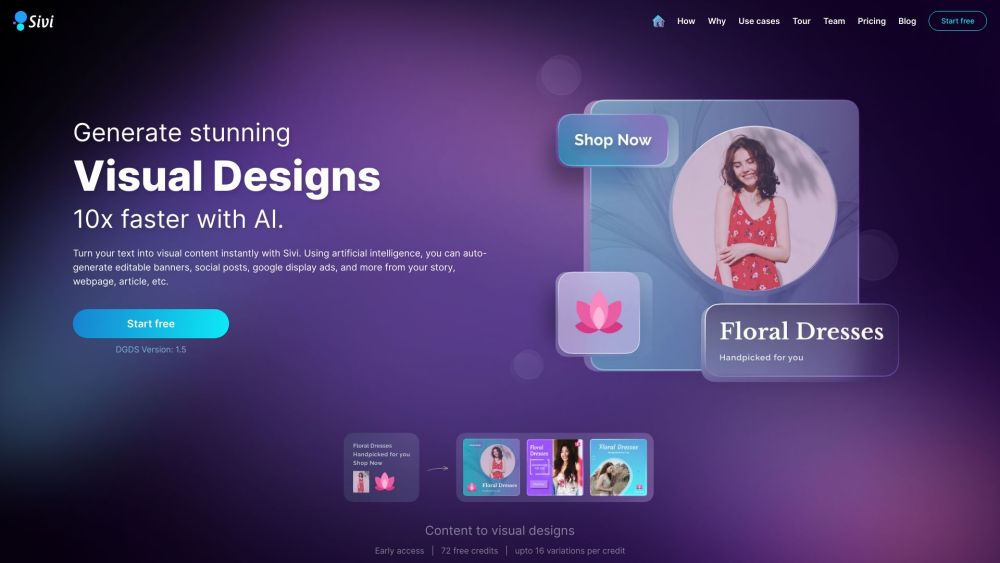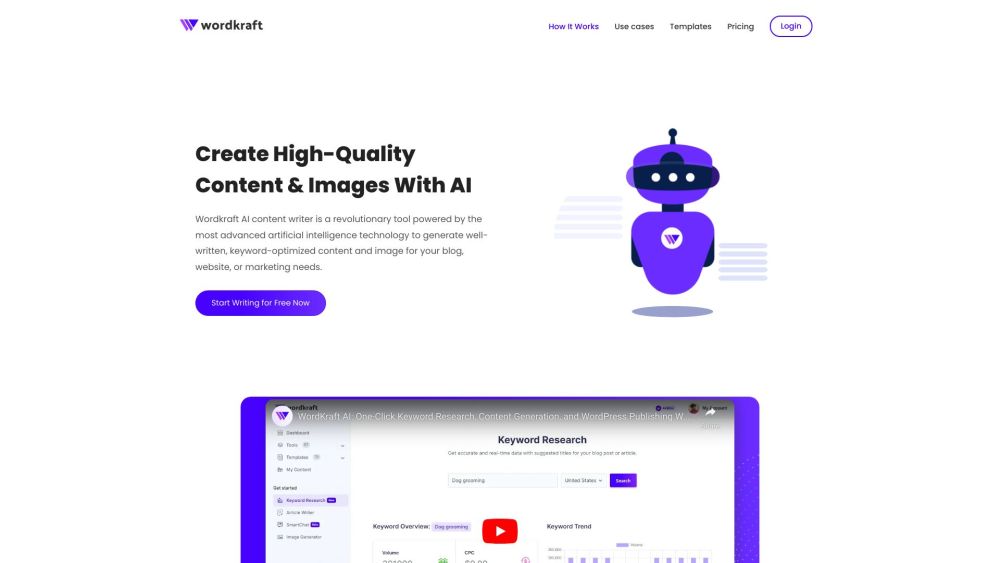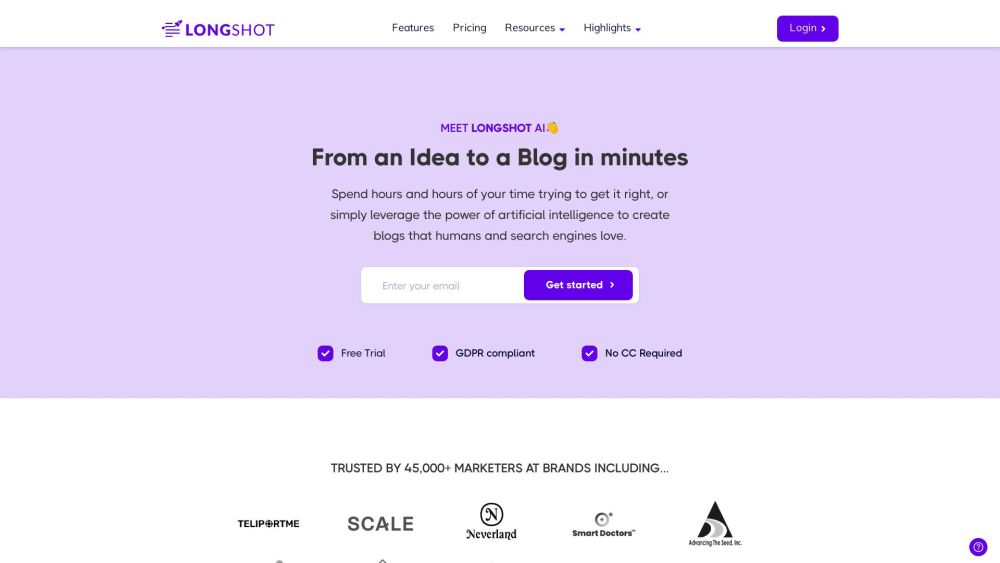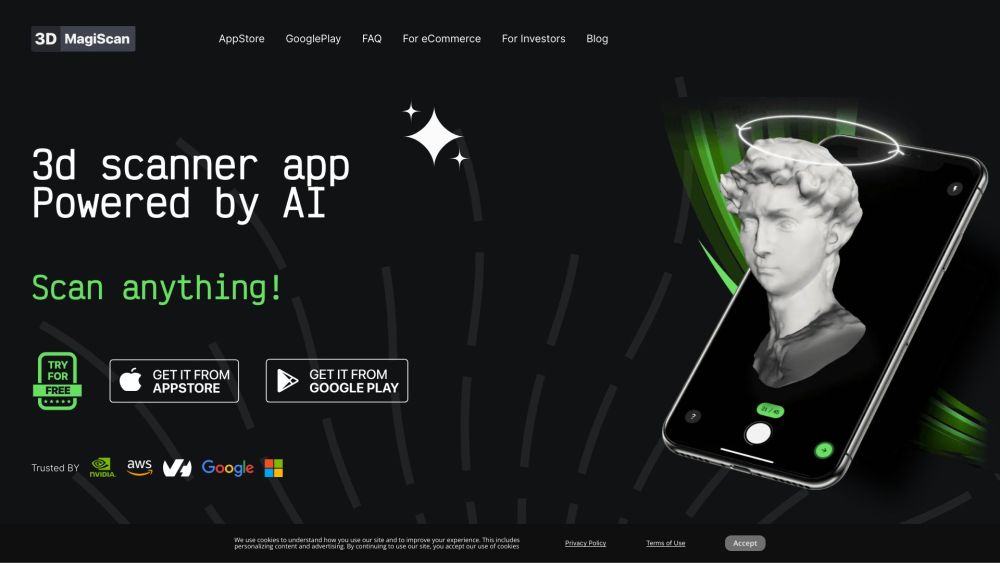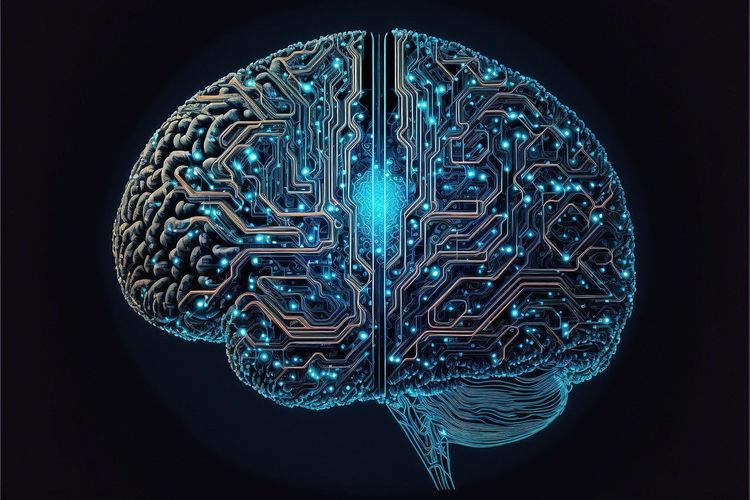This week’s roundup highlights significant developments in artificial intelligence, including U.S. efforts to reduce reliance on Chinese legacy chips, Princeton University's initiative to establish an AI hub, and a new dating app using AI avatars.
### U.S. Actions on Chinese Legacy Chips
The U.S. Commerce Department is set to launch a survey in January to assess the dependence of American companies on Chinese legacy computer chips. This initiative aims to inform policy decisions that strengthen the semiconductor supply chain, foster a fair competitive environment for legacy chip production, and mitigate national security risks associated with China.
Legacy chips play a crucial role in many key U.S. industries, such as telecommunications, automotive, and defense. Commerce Secretary Gina Raimondo emphasized the importance of these chips, stating, “Legacy chips are essential for supporting critical U.S. industries. Addressing non-market actions by foreign governments that threaten the U.S. legacy chip supply chain is a matter of national security.” She noted concerning trends over the past few years regarding China's push to enhance its legacy chip production—potentially creating barriers for U.S. firms.
### AI Predicts Future Life Events
A groundbreaking research project involving Northeastern University, DTU, University of Copenhagen, and ITU has led to the creation of an AI model capable of probabilistically forecasting future life events. Published in *Nature Computational Science*, the study analyzed data from six million Danes to predict life span and other significant events.
The AI model, termed life2vec, yielded results that aligned with established social science findings, notably showing that individuals with higher incomes are generally expected to live longer. Professor Sune Lehmann, the lead author, remarked on the exciting implications of the research: “What is thrilling is not just the prediction itself but understanding which data aspects allow the model to deliver such precise outcomes.”
### Princeton University Launches AI Innovation Hub
Princeton University, alongside the state of New Jersey, is embarking on a project to establish an AI innovation hub. Funding for this initiative will come from both state resources and private sector partnerships, although specific amounts have not been disclosed. The hub is designed to bring together AI researchers, industry leaders, startups, and other stakeholders to promote research and development, ethical AI use, and workforce training.
New Jersey Governor Phil Murphy commented on the initiative, saying, “With AI, we have a chance to confront—and perhaps overcome—some of the greatest challenges facing our world.” As part of this venture, the university plans to co-host an AI conference on April 11, bringing together experts from academia, industry, and government to explore pressing issues in AI.
### AI Avatars on First Dates
A new AI-driven dating app created by Enso AI introduces a unique way to connect users through avatars that simulate first dates prior to any real-life meetings. These AI avatars are tailored based on individual personality traits, preferences, and tastes, allowing them to interact with potential matches. Only if the avatars form a connection will users be prompted to arrange an actual date.
This innovative concept comes from Ben Chiang, the former director of product at Snapchat and former head of global data at Uber. The app aims to provide a more comfortable and engaging way for individuals to explore romantic possibilities before taking the plunge into real-life interactions.
With these exciting advancements, the landscape of artificial intelligence continues to evolve, impacting various sectors from technology and research to personal relationships. As the journey of AI unfolds, staying informed is crucial to navigating its developments and implications for society.
